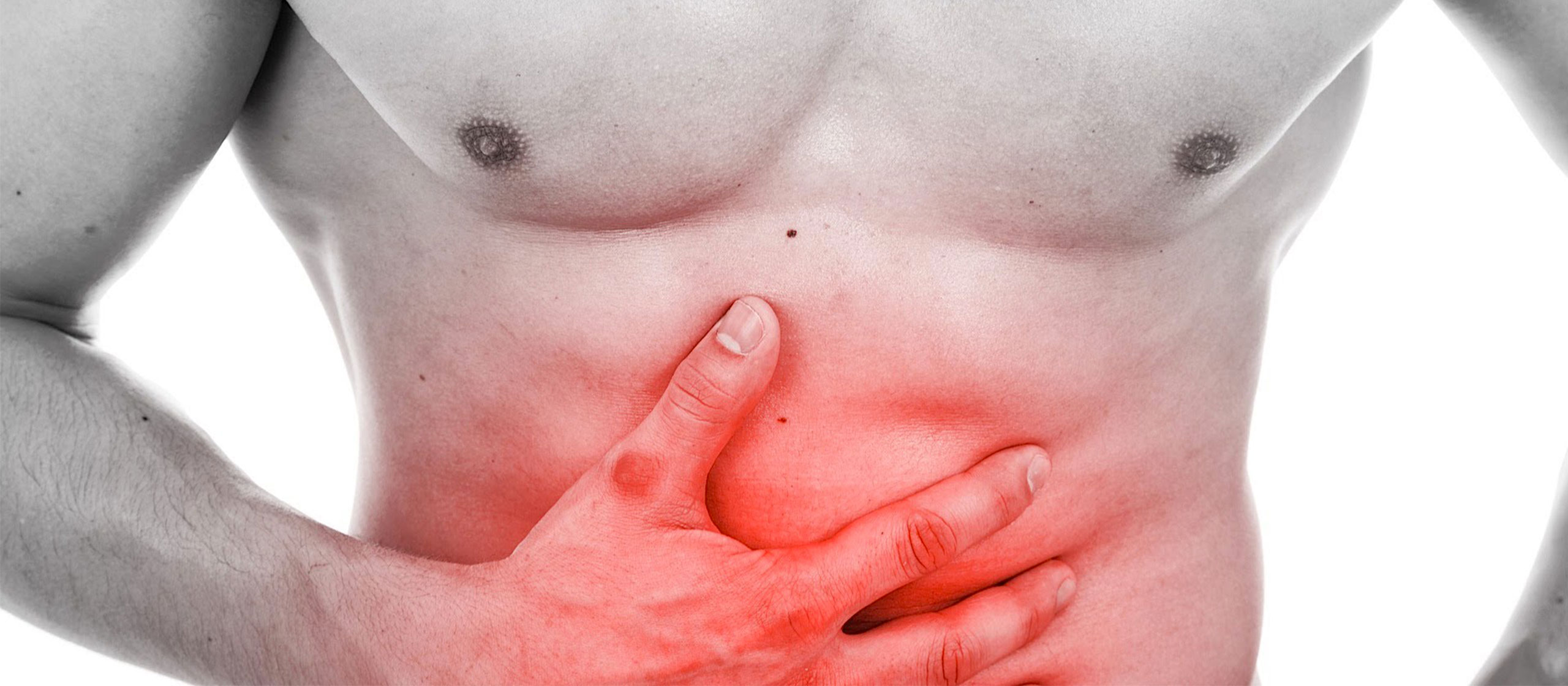Medical Questions
Abdominal Pain
I have been diving for 15 years without problems, but on my last couple of trips I experienced pain in my upper left abdomen under my ribs about 15-30 minutes into a dive. It becomes increasingly painful over the rest of the dive. I am healthy, take no prescription medications and exercise regularly. I usually take antacids prior to diving. I do not have this pain any other time. It gets more uncomfortable during ascent but goes away shortly after I get out of the water. It is starting to take the fun out of diving. Any suggestions?
Answer from DAN experts:
Please note that we cannot diagnose you; you really need to be evaluated by a physician. Because your abdominal pain seems to change with pressure, it may be due to the expansion of gas in your gastrointestinal system. The increased discomfort during ascent in particular suggests trapped gas as a possibility. It could be normal gas resulting from digestion, or it could be from drinking carbonated beverages. Avoiding gassy foods such as beans, broccoli, cabbage and other cruciferous vegetables may help. Many divers stay away from sodas prior to diving to limit the amount of gas in the gastrointestinal system. This may be evidence of a hernia. During ascent an isolated segment of bowel containing excess or expanding gas can expand, which may cause pain or injury. People should not dive with an unrepaired hernia. Other sources of abdominal pain include reflux, an irritated ulcer and other causes, but pain caused by these factors would be expected to occur at other times as well. Another possibility that you should consider is that this may be related to swallowing air while breathing from your regulator. Divers swallow a certain amount of air as a result of breathing compressed gas, and a second stage with very low breathing resistance or that is prone to free flowing can increase air swallowing. You might consider having your regulator serviced and discussing your issues with the service technician. A “tightening up” of the second stage may help you. Remember this is all speculation and that an evaluation by a doctor is crucial.


